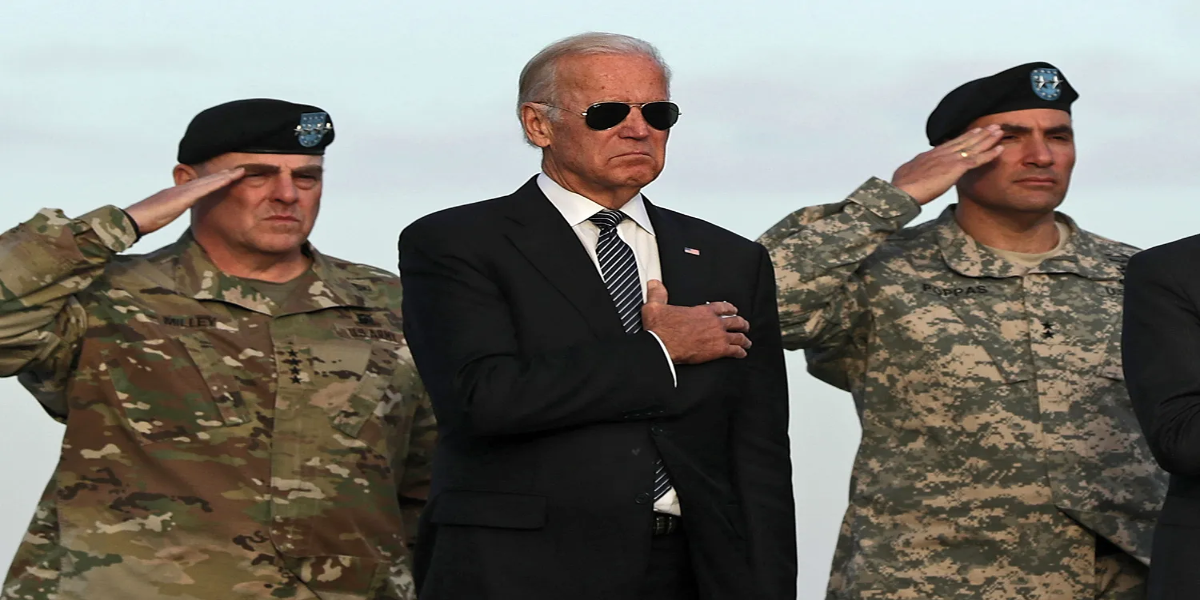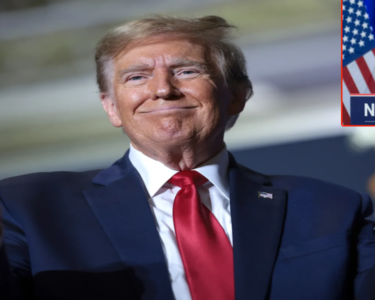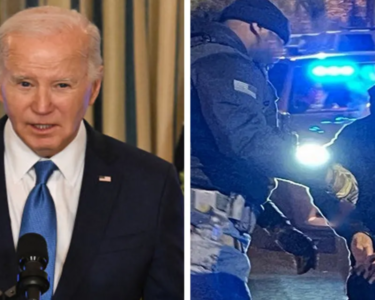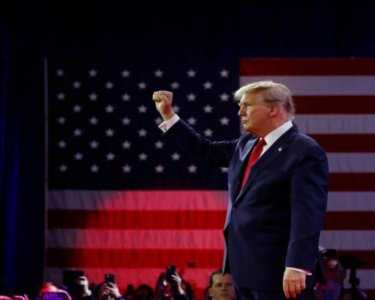A new report finds that extremism in the military is no worse than in the general population
President Joe Biden frequently alarms the nation with the specter of white supremacy. Under his administration, there’s been an intense scrutiny of the most devoted defenders of our nation – the brave men and women who selflessly serve in the military.
Now, nearly three years into Biden’s tenure, the Department of Defense has finally disclosed its comprehensive study on domestic violent extremism within the ranks. Yet, this revelation seems to have escaped the notice of most Americans.
Had the report uncovered a single hidden member of the Ku Klux Klan, one can only imagine the media frenzy that would have ensued. But the reality has been met with an eerie silence.
A few media outlets like the Washington Free Beacon, National Review, and The Wall Street Journal Editorial Board have acknowledged the findings. However, the mainstream media has largely stayed mute, including USA Today, which originally published the report but largely glossed over its main finding.
Why this silence? The Institute for Defense Analyses, appointed by the DOD for this review, concluded that the proportion of violent extremists in the military does not exceed that within the broader U.S. populace.
This directly counters the exaggerated narrative that conservatives joining the military are harboring insurrectionist intentions.
Regarding the Capitol Riot In response to the involvement of some service members in the Capitol riot on Jan. 6, 2021, Defense Secretary Lloyd Austin mandated a one-day stand-down on Feb. 5, 2021, to address extremism, followed by a directive on April 9, 2021, to counter prohibited extremist activities, which led to this study.
These actions implied a significant extremism issue within the military, particularly among supporters of former President Donald Trump.
However, the report found minimal active-duty personnel involvement in the Capitol riot. Out of over 700 federal cases a year after the events, less than ten implicated active military members.
The institute’s analysis of court martial cases since 2012 revealed “extremist and gang-related activity” in fewer than 20 instances. Excluding gang-related cases, this amounts to roughly one case of extremism per year.
Moreover, the review concluded that the Uniform Code of Military Justice already effectively addresses behaviors constituting prohibited extremist activities, negating the need for a specific “extremism” offense.
Defining Extremism The military has been cautious in defining extremism to avoid infringing on First Amendment rights. Prohibited activities include supporting the overthrow of the U.S. government, encouraging disobedience of lawful orders, supporting terrorism, advocating violence, and promoting widespread unlawful discrimination.
A Grave Caution Significantly, the institute’s report advises against overemphasis on the threat of extremism within the military. Confusion and lack of clarity around definitions and standards have raised concerns about potential divisions along political and ideological lines, particularly among conservative service members who fear being targeted for their beliefs.
The report highlights that division and polarization within the ranks may pose a greater risk than the radicalization of a few members. Thus, the recommendations emphasize addressing the root causes of extremist behavior rather than punitive measures.
Rep. Mike Gallagher, R-Wis., critiqued Secretary Austin’s efforts, which cost taxpayers $900,000, as creating a false public perception of a widespread extremism problem in the military. This, according to Gallagher, has politicized the Pentagon, eroded trust in the military, and aggravated the recruitment crisis.
The Military’s Future The institute’s findings come at a crucial time when the Army, Navy, and Air Force have struggled to meet recruitment targets. The Heritage Foundation’s Index of Military Strength warns of the U.S. military’s growing inability to protect national interests.
There is a growing concern that the military’s focus on issues like “whiteness” and promoting ideologies centered on race under the guise of diversity, equity, and inclusion may be deterring potential recruits.
The Institute for Defense Analyses emphasized that the military must be as intolerant of violent extremism as it is of racism, sexism, and discrimination. However, it appears that certain discriminatory practices aligned with the Left’s racial agenda are overlooked.
The Biden administration needs to heed the report’s findings and cease treating conservatives as domestic terror threats. This rhetoric alienates patriots who wish to serve based on their character and not their political beliefs, which is a disservice to our nation’s armed forces.




